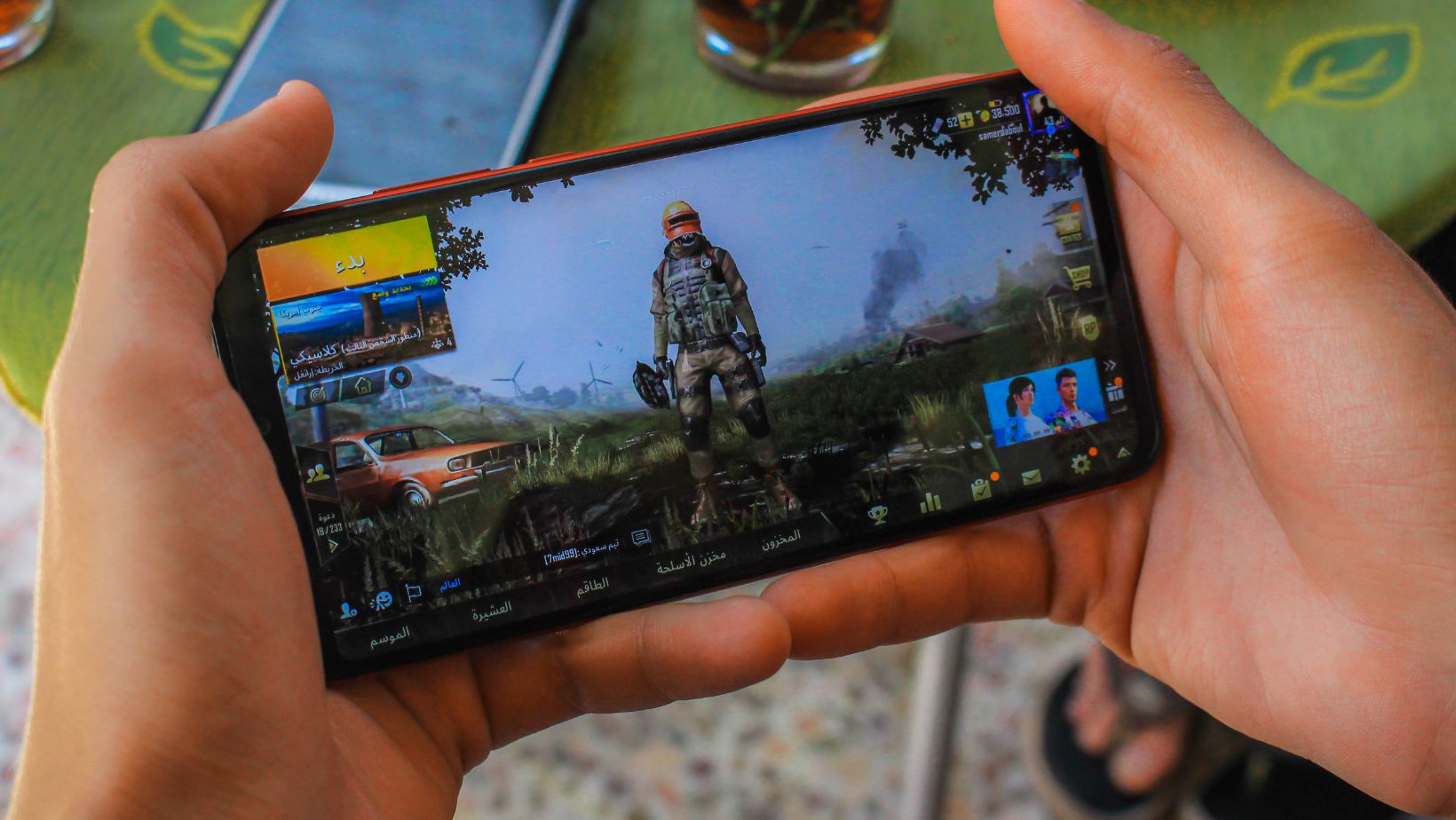In response to the recent outbreak of mumps, all Ivy League schools will require COVID-19 vaccines for football teams. The requirement is a part of a new policy enacted by the Ivy League that requires players to have their immunization records on file with the school before they can suit up.
CAMBRIDGE, MASSACHUSETTS — When the epidemic broke out during March Madness a year and a half ago, the Ivy League was the first league to cancel its basketball playoffs. In July 2020, it became the first Division I conference to discontinue autumn sports.
Now, the schools are returning to the field with caution, like they did before.
All eight Ivies have mandated that their football teams, like the rest of the student body, get vaccinated against COVID-19. The target was met this month, according to Ivy League executive director Robin Harris, with “very few medical or religious” exclusions.
“While COVID-19 is a big part of our life, we support the rules on campus,” she added. “This gives us the opportunity to prepare for a normal football season.”
Although the Ivy League, which consists of eight prestigious private schools in the Northeast, has always prioritized academics over athletics, its decision to cancel its men’s and women’s basketball tournaments before anyone else on March 10, 2020, marked a watershed moment in the response to the pandemic. In the midst of a global sports lockout, other collegiate and professional leagues followed suit.
The Ivies have remained dormant in the almost 18 months afterwards, with the exception of a few individuals or teams participating in one-off nonconference competitions, such as the NCAA rowing championships. All eight women’s soccer teams began their seasons on Aug. 27, with Harvard hosting Fairfield in the Crimson’s first intercollegiate match since March 8, 2020.
Harvard football coach Tim Murphy remarked, “You don’t always realize how much you miss something until it’s taken away from you.”
Players have been allowed to remain in shape in various ways since then, depending on the limitations imposed by their home states or nations. Players returned this autumn in a broad range of fitness levels due to the various municipal limitations.
Brown running back Allen Smith stated, “I believe we did the greatest job we possibly could have, and it’s going to show this season.” “It’s been a long time coming, and we couldn’t be happier to be back playing Brown football.”
Brown conducted spring football practice, while Columbia had few students — and therefore players — on campus last autumn and mainly seniors in the spring; Harvard had some freshmen in the fall and a tiny number in the spring.
Between its 50-43 double-overtime defeat to Yale in The Game and its 2021 opener Sept. 18 against Georgetown, Murphy said his squad would only have eight padded sessions in nearly two years.
He said, “We’ve all had various on-campus footprints.” “There are a lot of unanswered questions.”
Players will confront additional procedures to fight the spread of the delta version when they return.
Dartmouth athletes will wear masks inside to enhance air filtration and circulation, in addition to the vaccination requirement; certain meetings on the Hanover, New Hampshire, campus will be conducted outside. Cambridge has an indoor mask requirement that takes effect on September 3rd.
“Harvard has done an outstanding job of ensuring that students, and therefore student-athletes, are healthy and well,” Murphy said. “I know our medical team has done an outstanding job, and whatever they tell us to do, we will do 100 percent.”
Coach Ray Priore of Penn said he reached out to coaches who played or practiced in the spring, including his brother, Stony Brook head coach Chuck Priore. “Less is more,” according to UCLA’s Chip Kelly, when it comes to getting back into the swing of things after a lengthy layoff.
“You snag a few of the nuggets and pearls of wisdom, such as: how many repetitions do you actually need; do more walkthroughs. The important thing is to make the most of our time with our players “Priore said. “We’ve spent a lot of time in the Zoom world.”
Coach Bob Surace of Princeton observed that his squad now consists of five distinct classes, which is a significant shift, and two of them he has never met. Buddy Teevens of Dartmouth similarly expressed his want to meet his teammates in person.
“I’m not sure what these people look like,” he said. “The man who claims to be 6-5, 280 pounds might be 5-11 if he’s wearing a large coat.”






